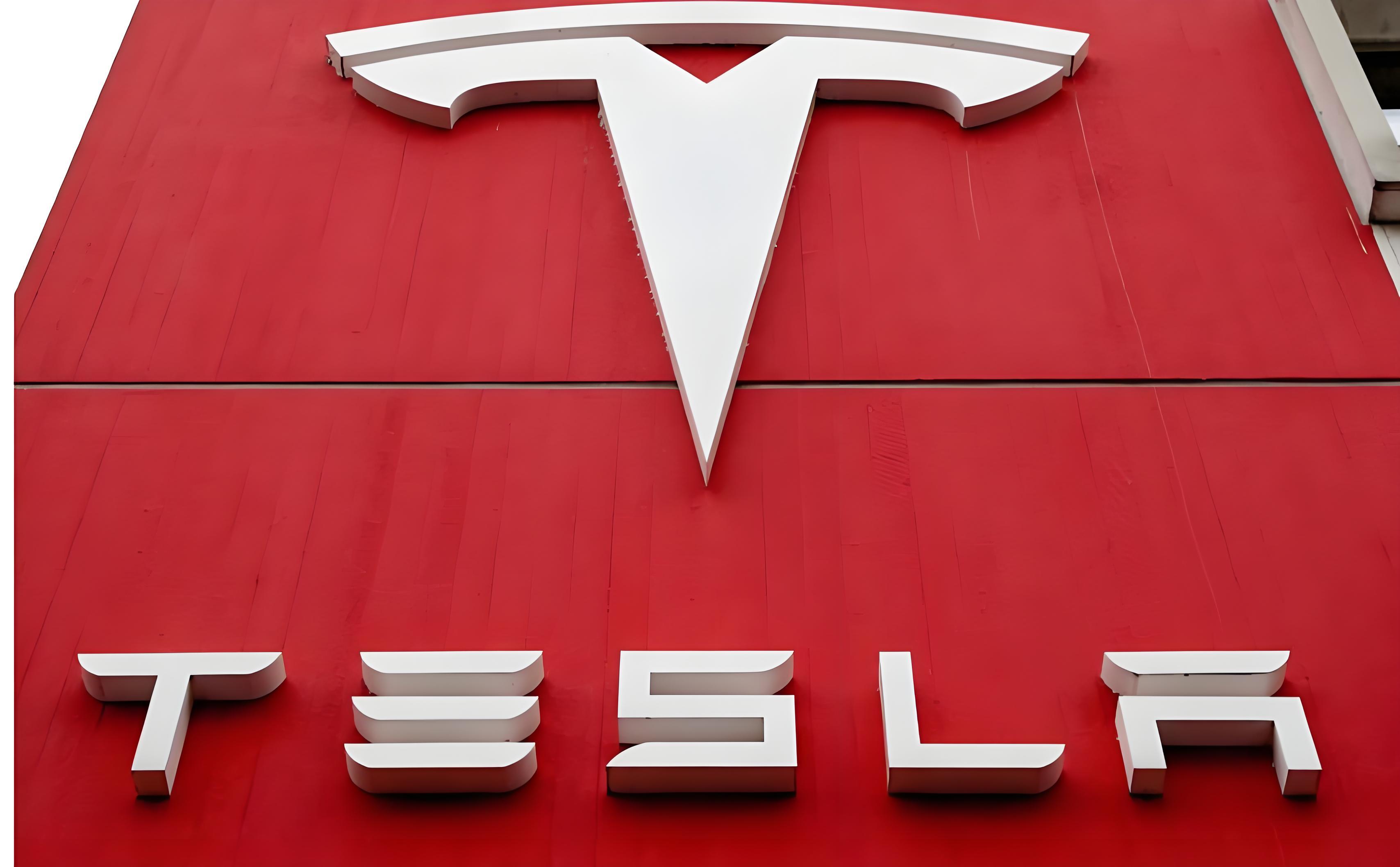
In an era of increasingly fierce competition in the global tech industry, Meta Platforms and Tesla, two highly influential companies, have recently made frequent moves in corporate financing and business expansion, attracting widespread market attention.
To accelerate its artificial intelligence (AI) development plans, Meta Platforms has selected Pacific Investment Management Company (Pimco) and Blue Owl Capital as lead arrangers to raise up to $29 billion in funding for its data center expansion project in rural Louisiana. It is reported that Pimco is expected to handle $26 billion of the debt financing, which may be issued in the form of investment-grade bonds secured by newly built data center assets, while Blue Owl will provide $3 billion in equity investment.
Behind Meta’s move lies its strong demand for AI development. With the rise of AI technology, Meta has recognized that AI will be a key driver of future business growth, with its executives stating that AI development has already brought "meaningful" revenue to the company. However, AI advancement relies heavily on robust data center support. As the company’s demand for AI infrastructure continues to grow and competition for technical talent capable of fine-tuning AI models intensifies, Meta’s cost growth is expected to accelerate further next year, creating an urgent need for substantial funds to expand data centers.
Moreover, a study by management consulting firm McKinsey predicts that by 2030, $6.7 trillion in investment will be needed for data centers to meet global computing power demands. This highlights the enormous potential of the data center market and has prompted Meta to accelerate its strategic deployment in this field. With the successful completion of this financing, Meta will be better equipped to tackle the growing competition in AI, laying a solid foundation for its future development in generative AI, superintelligence, and other service areas.
On the other side, Tesla is also actively expanding its business landscape. Recently, Tesla has applied to British energy regulators for a license to supply electricity to households. If approved, Tesla will be able to compete with several major energy companies currently providing electricity to residents across the UK. Tesla already operates a power supply business, Tesla Electric, in Texas, USA, which launched in 2022, allowing customers to optimize their electricity usage while earning revenue by selling excess power back to the grid.
This application for power supply qualification in the UK comes at a time when Tesla’s core automotive sales are facing a downturn, making it a crucial step in Tesla’s diversification strategy. Last year, Tesla’s revenue from solar panels, batteries, and other energy products nearly doubled, surging 93% year-on-year to $1.5 billion, highlighting the huge potential of its energy business. Successfully launching household electricity supply services in the UK market would enable Tesla to tap into new revenue streams in the energy sector, reducing its reliance on automotive operations.
In addition, Tesla has made significant progress in autonomous driving. The Texas Department of Licensing and Regulation has granted Tesla’s Robotaxi a transportation network company license, paving the way for its operation of self-driving taxis in the state. Under new Texas laws set to take effect on September 1, autonomous ride-hailing services will be regulated in the same manner as human-driven services. This license allows Tesla to operate ride-hailing services anywhere in the state, including with "autonomous vehicles," without requiring a safety driver in the car.
This marks a major step forward in Tesla’s commercialization of autonomous driving. As early as late June, Tesla’s driverless taxis began trial operations in Austin, the capital of Texas, providing rides to selected users in restricted areas. With the acquisition of the license, Tesla is expected to expand its operational scale, accelerate the commercialization of autonomous driving technology, and compete with traditional ride-hailing platforms such as Uber and Lyft.
The business expansion initiatives of Meta and Tesla reflect the determination of tech giants to actively seek breakthroughs and innovations in the face of market changes and competitive pressures. Whether it is Meta’s large-scale financing for AI data center expansion or Tesla’s business expansion in energy and autonomous driving, these moves will have a profound impact on the development of their respective industries. They also serve as valuable examples for other enterprises to explore their own paths to growth.

On November 19, 2025, US President Donald Trump signed a bill requiring the Department of Justice to release documents related to the case of the late tycoon Jeffrey Epstein.
On November 19, 2025, US President Donald Trump signed a bi…
While the world's attention is focused on the 21.3 trillion…
On November 12, 2025, US President Trump signed a temporary…
On November 19th local time, the US Department of Commerce …
Recently, a report from CNN pointed out that the Atlantic t…
Recently, the U.S. stock market has experienced a thrilling…